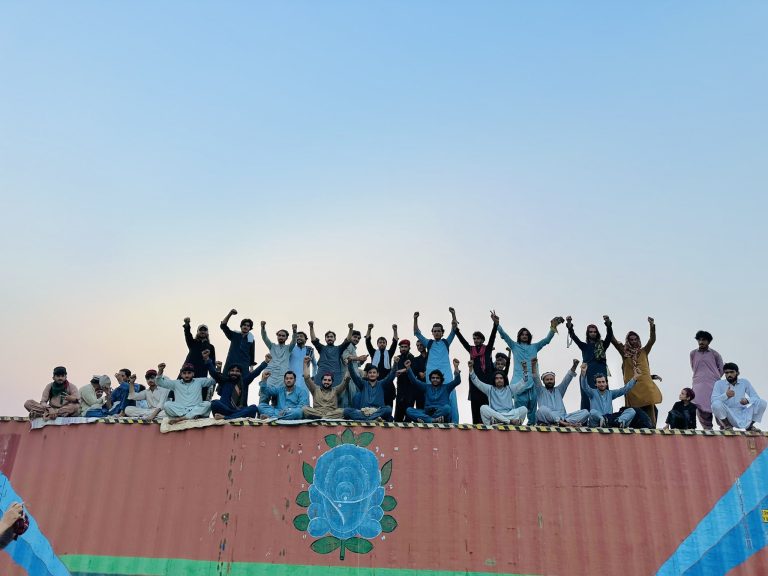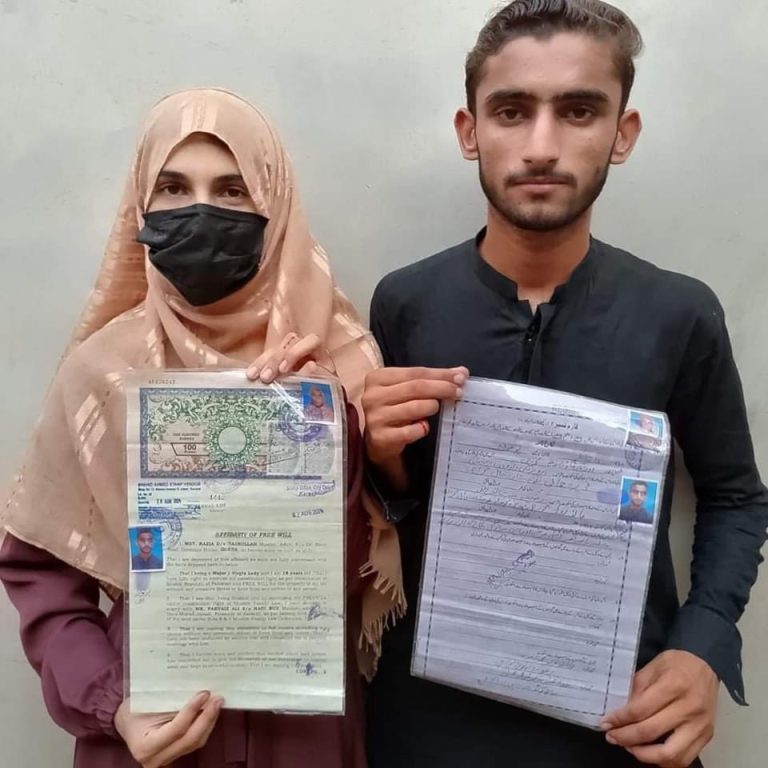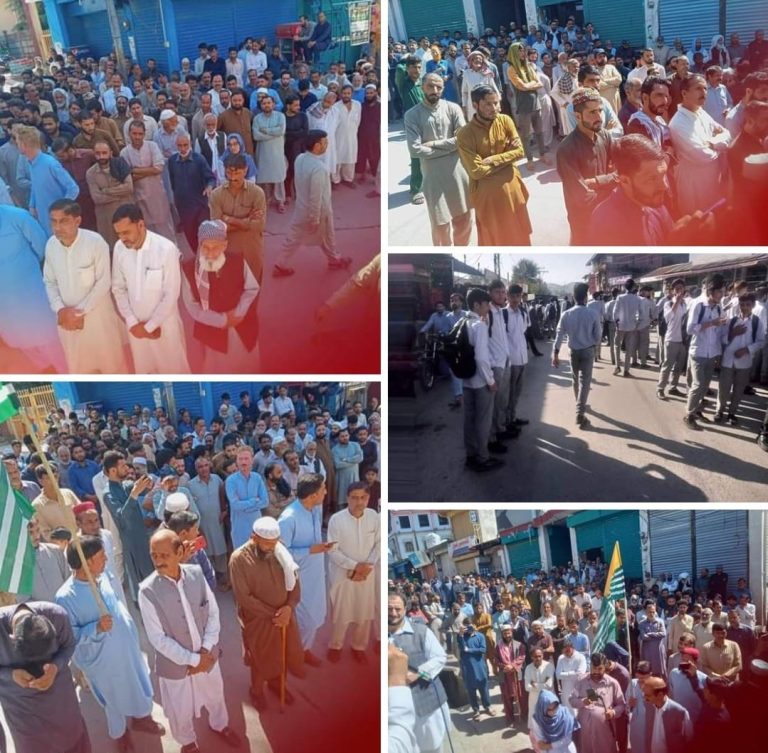In a major blow to Chinese interests in Pakistan, the Baloch Liberation Army (BLA) launched a devastating attack on a convoy of Chinese engineers and investors near Karachi’s Jinnah International Airport. The BLA, a pro-independence group resisting Pakistan Army occupation, has repeatedly warned against Chinese involvement in the China-Pakistan Economic Corridor (CPEC), which is the exploitation of Pak-occupied-Balochistan’s land and resources.
The attack, which took place late Sunday night, initially killed two Chinese nationals and several Pak Army personnel tasked with their protection. The Chinese embassy in Pakistan later confirmed the deaths of three Chinese citizens: Li Jun, He Chun Xin, and Li Zhaohao. Despite early attempts by the Pakistan Army and ISI to downplay the incident as an “oil tanker blast,” the truth of the attack emerged after the BLA publicly claimed responsibility.
Pakistan broadcaster reported at least 10 people were injured in the blast in addition to some fatalities. The Chinese embassy said a convoy from the Port Qasim Electric Power Company was attacked near the airport.
The BLA’s Majeed Brigade, a unit known for high-profile suicide attacks, specifically targeted the convoy of Chinese engineers involved in CPEC projects. In a statement, the group emphasized that they view the CPEC as a continuation of the Pak Army’s exploitation of POB, selling the region’s resources to foreign powers at the expense of local communities. According to the BLA, these Chinese engineers were complicit in the destruction of Baloch land and had ignored repeated warnings to cease their involvement in these projects.
The Baloch Liberation Army has published the picture of the suicide bomber and identified him as Shah Fahad alias Aftab.
BLA Hits Chinese Convoy
“Balochistan has long been exploited by Pakistan’s military establishment, and now they have handed over our resources to Chinese corporations under the guise of development,” the BLA statement read. “This attack is a message to both Pakistan and China: the Baloch people will not stand by while our land is plundered.”
The BLA has repeatedly issued warnings to Chinese citizens, urging them to oppose their government’s role in CPEC projects and avoid participating in exploitative ventures in POB. Despite these warnings, Paki establishment has continued to facilitate Chinese projects, brushing aside concerns about the impact on local communities.
This latest attack has sparked outrage, with the Chinese embassy issuing a strongly worded condemnation and demanding that Pakistan take stronger measures to protect its citizens and thoroughly investigate the incident. The embassy further criticized Pakistan’s inability to provide sufficient security for Chinese workers, despite its promises to safeguard foreign investments.
The Pakistan Army, which has a long history of suppressing dissent in POB, is using brute force to quash the Baloch liberation movement. For decades, the military has been inflicting human rights abuses, enforced disappearances, and attempts to silence pro-independence voices in the region. Now, with CPEC expanding, the BLA and other groups have intensified their resistance, as these projects are a blatant attempt by the Paki establishment to sell off Balochistan to China.










